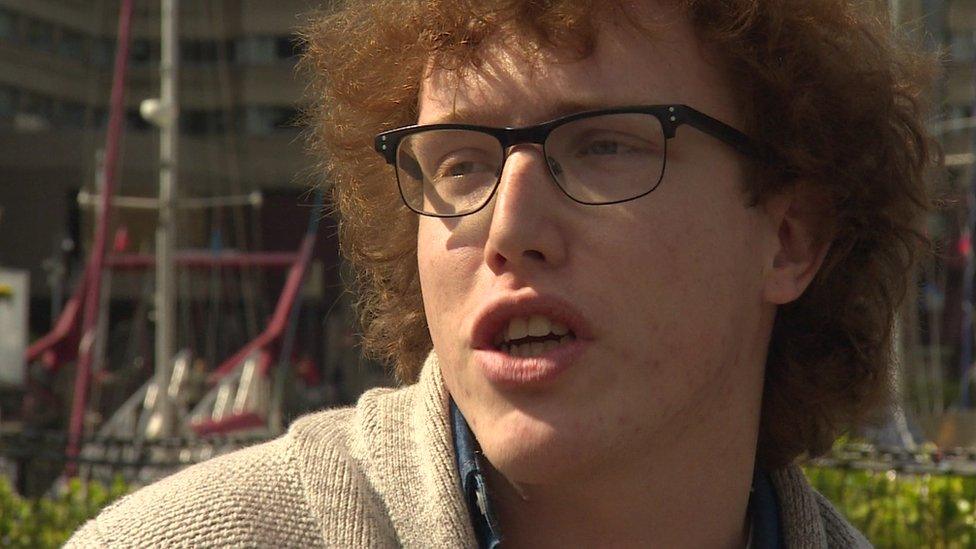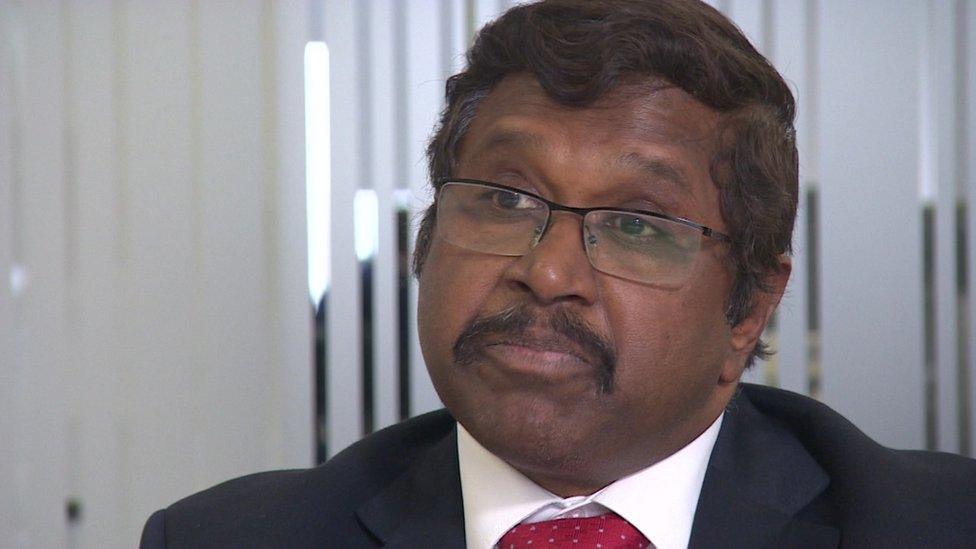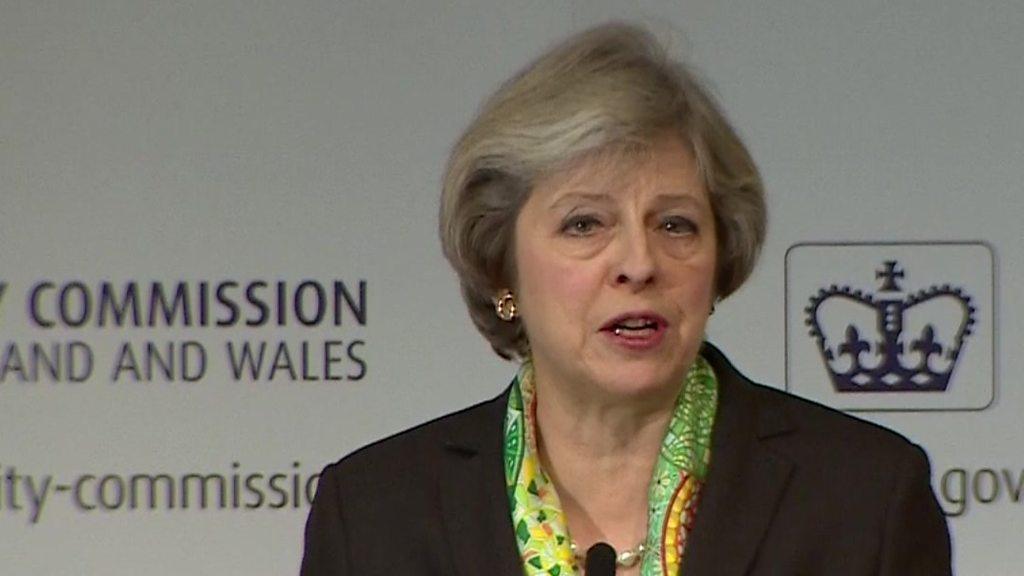More NHS mental health patients treated privately
- Published

Karl was sent to a private hospital far from his home
Mental health trusts across the UK are becoming increasingly reliant on private hospitals to deliver care, a BBC Breakfast investigation suggests.
NHS spending on private mental health inpatient beds went up 42% over five years across 40 mental health authorities that responded to freedom of information requests.
Experts say there is a chronic shortage of NHS beds.
It means some patients are placed in private units far from home.
Fear of recall
One of these patients was Karl Knights. In his first year at university, Karl had a breakdown, and was taken to a local hospital due to fears that he would take his own life.
"Basically there was a frantic search for beds across the country and they couldn't say where I would end up."
Karl was admitted to a private hospital in Brighton, a four-hour round trip from his home.
"I had no visitors the whole time I was in hospital, so it's a very isolated situation."
He said it was the threat of "recall" that made the experience far worse. That is, the threat that he would be moved to an NHS hospital when a cheaper bed became available.
"You'd meet people and they would just be gone, and the explanation would be they got recalled last night, it could happen at any time.
"You could get pulled out of bed at one in the morning."
He said this uncertainly impeded recovery.
"It goes against the whole idea of what a hospital should do, it should be a place for you to recuperate and recover, but instead its actually making your condition worse, which just isn't acceptable."
Pressure on wards grows
Freedom of information requests were sent to all 81 NHS mental health authorities across the UK.
From the 40 authorities able to respond in full, data shows the cost of treating patients privately went up from £71m in the 2012 financial year to a projected £101m for the 2016 financial year.
The number of NHS mental health patients treated privately rose from 1,842 in the 2012 financial year to 3,323 in the 2015 financial year, across 30 authorities able to respond.
In the mental health trust in which Karl was a patient, Kent and Medway, the pressure on beds was particularly acute.
The number of patient treated privately rose from 155 in 2012/13 to 772 in 2015/16. The cost of treating these patients privately rose from £1.6m in 2012/13 to £11.3m in 2015/16.
Currently, however, the trust says they have no patients in private inpatient units.
Demand for inpatient beds on NHS mental health wards is high.
Based n responses from 32 mental health trusts in England, the average occupancy rate of inpatient beds rose by 3.2 percentage points in the five financial years to April 2016, from 86.3% to 89.5%, excluding patients that were on leave from their ward.
The Royal College of Psychiatrists recommends that wards should ideally be no more than 85% full.
Not good for patients

Dr Ranga Rao says there are not enough acute NHS beds
Dr Ranga Rao, of the Royal College of Psychiatrists, said: "It's clear, that there are not enough acute inpatient beds or teams providing crisis care in the community."
He said relying on private beds could harm patient care.
"Clearly it's not good for the NHS to be spending more money, but as a clinician my concern is about the patient, and it's not good for their recovery."
Cambridgeshire and Peterborough NHS Foundation Trust has recently had to get to grips with its reliance on private beds.
In 2010, 80 of its patients were being treated in private beds, most of them out of the area. This was simply not affordable.
"We were very aware this could not continue, and we needed to make a step change" explains Dr Manaan Kar-Ray, Clinical Director for Acute Care Mental Health at the trust.
More effort was put into an intensive three day assessment period, and more was invested in supporting people in their own homes, to try and cut the number of patients needing emergency care.
"Seventy per cent of our patients go through that three day system, and come back out into the community supported by home treatment," he said.
An NHS England spokesman said it was "committed to cutting the number of people travelling long distances, so they receive the best mental health care and treatment at home or as close to home as possible".
He added: "We are investing £400m in crisis resolution home treatment teams to increase alternatives to hospital admission as part of our plans for the biggest expansion of mental health services in Europe."
- Published1 March 2017

- Published6 January 2017

- Published9 January 2017
